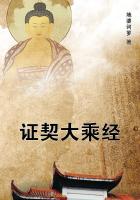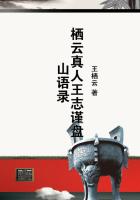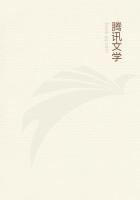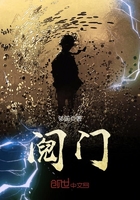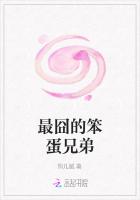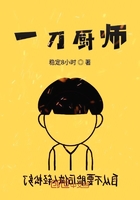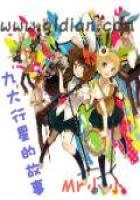1. In one of his earlier writings, the “System of Transcendental Idealism,” which we shall consider first of all, Schelling represented transcendental philosophy and natural philosophy as the two sides of scientific knowledge. Respecting the nature of the two, he expressly declared himself in this work, where he once more adopts a Fichtian starting-point: “All knowledge rests on the harmony of an objective with a subjective.” In the common sense of the words this would be allowed; absolute unity, where the Notion and the reality are undistinguished in the perfected Idea, is the Absolute alone, or God; all else contains an element of discord between the objective and subjective. “We may give the name of nature to the entire objective content of our knowledge; the entire subjective content, on the other hand, is called the ego or intelligence.” They are in themselves identical and presupposed as identical. The relation of nature to intelligence is given by Schelling thus: “Now if all knowledge has two poles which mutually presuppose and demand one another, there must be two fundamental sciences, and it must be impossible to start from the one pole without being driven to the other.” Thus nature is impelled to spirit, and spirit to nature;either may be given the first place, and both must come to pass. “If the objective is made the chief,” we have the natural sciences as result, and “the necessary tendency,” the end, “of all natural science thus is to pass from nature to intelligence. This is the meaning of the effort to connect natural phenomena with theory. The highest perfection of natural science would be the perfect spiritualization of all natural laws into laws of intuitive perception and thought. The phenomenal (the material element) must entirely disappear, and laws (the formal element) alone remain. Hence it comes to pass that the more that which is in conformity with law breaks forth in nature itself, the more the outward covering disappears; the phenomena themselves become more spiritual, and finally cease altogether. The perfect theory of nature would be that by which the whole of nature should be resolved into an intelligence. The dead and unconscious products of nature are only abortive attempts on the part of nature to reflect itself, but the so-called dead nature is really an immature,” torpid, fossilized “intelligence"; it is implicit only, and thus remains in externality; “hence in its phenomena,” even though “still unconsciously, the character of intelligence shines through. Its highest end, which is to become object to itself, is first attained by nature” (instead of nature we should call it the Idea of nature), “through its highest and ultimate reflection, which is none other than man, or, more generally, it is that which we call reason, through which nature for the first time returns completely within itself, and whereby it becomes evident that nature is originally identical with what is known in us as intelligence or the conscious. Through this tendency to make nature intelligent natural science becomes the philosophy of nature.” The intelligent character of nature is thus spoken of as a postulate of science. The other point of view is “to give the subjective the foremost place.” Thus here “the problem is how to add an objective element agreeing with it. To start from the subjective as from the first and absolute, and to make the objective arise from it,” signifies a new departure; its consideration forms the content of true Transcendental Philosophy, or, as Schelling himself now named this science, “the other science fundamental to Philosophy.” The organ of transcendental philosophy is the subjective, the production of inward action. Production and reflection upon this production, the unconscious and conscious in one, is the ?sthetic act of the imagination.(9) Thus these two separate processes are as a whole very clearly expressed: the process which leads from nature to the subject, and that leading from the ego to the object. But the true process could only be traced out by means of logic, for it contains pure thoughts; but the logical point of view was what Schelling never arrived at in his presentation of things, a. In respect of the ego, as principle of the transcendental philosophy, Schelling sets to work in the same way as did Fichte, inasmuch as he begins from the fact of knowledge “in which the content is conditioned through the form, and the form through the content” ; this is formal A = A.
But does A exist? The ego is “the point where subject and object are one in their unmediated condition” ; the ego is just Ego = Ego, subject-object; and that is the act of self-consciousness wherein I am for myself object to myself. In self-consciousness there is not to be found a distinction between me and anything else; what are distinguished are directly identical, and there is so far nothing at all in opposition to this self-consciousness. How the case stands with regard to external objects is the question which must be decided later, in the further course of development.

